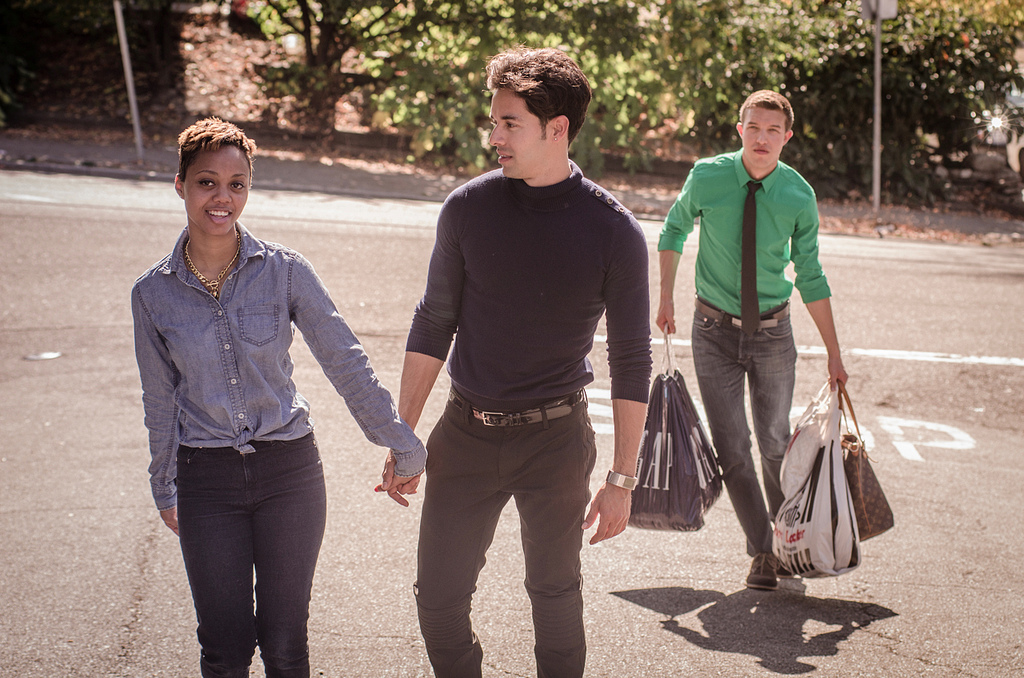Men and women alike have experienced the dreaded “friend zone.” Popularized in 1994 from the television show, “Friends,” the term describes a situation in which a person takes romantic interest in another, but the recipient of their affection views him or her as “just a friend.” Perhaps the most commonly known scenario of this kind involves the “nice guy” when a man pursues a woman, showing kindness to her, but she tells him she only wants to be friends, deciding to date an uncaring other in his stead. Whether the nice guy or the nice girl narrative, we often see it in movies, television and even played out in our own relationships with others.
Though unrequited love may devastate us, it proves inevitable. Not every person admired desires every admirer, yet not every admirer is a terrible person, thus making the friend zone a disappointing, but necessary, position. Being “nice” does not obligate those sought after to reciprocate those same feelings of affection. Simply not having reciprocal feelings, however nice the pursuer is, does not necessarily make them shallow or deceptive or in any way guilty. This does not mean that everyone who rejects anyone else does so in the best or even in a decent way, but rejection itself should not constitute a cause of guilt. Regardless, many people fear the friend zone because, to them, it signifies a failure on their part. Though initial rejection may feel painful, the friend zone is not as terrible as it seems. The friend zone does not necessarily extinguish the possibility of future relationship. Rather, friendship provides an excellent base for a future relationship, and even friendship itself contains immense and often neglected value.
Both healthy relationships and friendships base themselves on shared interests, trust, and compatibility, but attraction differentiates the two. However, with only romantic attraction as the basis for a relationship, it falls apart. The feelings and surge of chemicals produced by initial attraction fade, but bonding and trust remain in a healthy relationship. Many people fall in love with their best friends, and that previous friendship produces a stronger relationship in the future. This does not mean that when someone is rejected they should never move on with their lives. That would be unhealthy both for the rejecter and the rejectee. Rather, I suggest that once someone experiences the feelings of initial heartbreak on their own, they should appreciate the friendship they have gained.
Friendship is a treasure. Recent research from the American Sociological Review indicates that a quarter of Americans have no close confidants, and that is truly disheartening. Yet, we still express a sigh of disappointment when someone we like views us as “just a friend,” but in reality we should see true friendship as precious. Although heartbreak truly pains us, we should not wallow in misery forever, but celebrate that someone thinks so highly of us to call us a friend.







